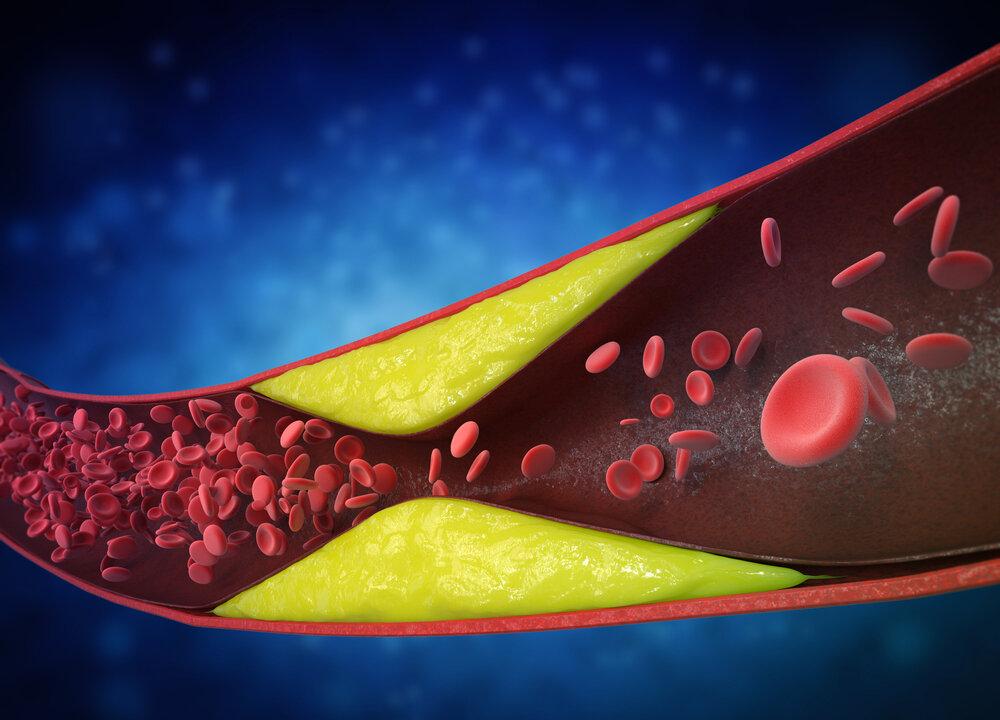Health Viewpoints
An icon of summer picnics and gatherings, watermelon is loved by people young and old. In addition to being sweet and refreshing, it is the best summer food for cooling down. It also offers nutritional benefits such as blood pressure reduction and anti-inflammatory effects, providing protection for both the skin and cardiovascular system. However, a few types of people should be cautious when eating watermelon.
Health Benefits of Watermelon
1. Lowers Blood Pressure and Relieves Hangovers
Aptly named, watermelon is about 90 percent water, making it an excellent source of hydration for the body. The potassium found in watermelon can balance body fluids and support kidney function, facilitating the elimination of excess sodium and promoting urine production. Watermelon also contains a natural diuretic substance, L-citrulline, which is converted into arginine in the body. This conversion leads to the production of nitric oxide, which helps dilate blood vessels, promotes blood flow, and facilitates the formation of urine, which can play a diuretic role. In clinical practice, doctors may prescribe diuretics to lower blood pressure in hypertensive patients.The diuretic property of watermelon also helps to eliminate metabolic byproducts from the body, including alcohol. Therefore, consuming watermelon after drinking can help alleviate the effects of alcohol.
2. Good for Cardiovascular Health
L-citrulline in watermelon can help the body produce nitric oxide, which has a vasodilating effect on blood vessels, inducing relaxation and reducing vascular resistance. Consequently, this mechanism contributes to lower blood pressure. Because high blood pressure may cause damage to the walls of blood vessels and even lead to cardiovascular diseases, watermelon is beneficial to the cardiovascular system.A 2012 study published in the European Journal of Public Health found that low serum lycopene and beta-carotene concentrations may increase men’s risk of acute myocardial infarction.
Lycopene and vitamin C in watermelon have antioxidant functions that can protect blood vessels from oxidative damage, improve blood circulation, and prevent cardiovascular diseases.
The beta-carotene contained in watermelon can be converted into vitamin A. Vitamin A maintains the normal functioning of the cardiovascular system, promotes our cardiovascular health, and supports our immune function.
3. Skincare, Anti-Aging
Sun exposure, air pollution, and mental stress may lead to excessive free radicals in the body, which can lead to skin cell damage. Vitamin C-rich watermelon can neutralize free radicals, protect the skin from free radical damage, and promote skin repair and regeneration.The lycopene in watermelon can fight against skin damage caused by ultraviolet rays and helps reduce redness, swelling, and inflammation of the skin caused by sun exposure.
A research review published in the journal Molecules in 2020 showed that watermelon is an excellent choice of functional food due to its rich lycopene content. Consumption of lycopene-rich diets can effectively improve the detoxification of free radicals and can also regulate lipid biosynthesis by affecting enzymes in the cholesterol biosynthesis pathway.
4. Aids in Digestion and Detoxification
The water content of watermelon can help soften food and promote digestion and absorption. Water ensures that the intestinal environment is moist and promotes smooth bowel movements, alleviating constipation.Watermelon also contains an abundance of dietary fiber. The soluble fiber in watermelon, combined with intestinal water, can form a gelatinous material, increase the volume of intestinal contents, stimulate intestinal motility, promote digestion, and help excrete toxins in the body.
5. Anti-Inflammatory, Anti-Infection
Watermelon reduces inflammation, clears heat, detoxifies, helps to reduce fever, and treats acute and chronic inflammation of the respiratory and digestive systems.Chinese medicine practitioners have found that most foods have “cold” or “hot” natures. Eating cold foods will cool your body while eating hot foods will add a warming effect. Therefore, you can balance your body with cold and hot foods.
Watermelon is a cold food, which in Chinese medicine, clears heat and detoxifies. It has a sweet taste, which replenishes energy. Some call watermelon a natural “white tiger soup,” meaning it has similar effects to the Chinese herbal remedy White Tiger Decoction which can treat a variety of inflammatory fevers, such as those caused by viral and bacterial infections, tonsillitis, sore throat, and stomatitis.
Who Should Be Cautious About Eating Watermelon?
Although watermelon has many benefits, people with the following four health problems should be cautious about eating it.1. Diabetics
Watermelon contains mainly sucrose, glucose, and fructose, so diabetic patients should pay attention to controlling the amount of watermelon so as not to affect their blood sugar levels.2. Kidney Disease Patients
Watermelon’s water content and natural diuretics may cause extra burden to the kidneys. For example, mineral crystals in the urine of kidney stone patients can form kidney stones. Consumption of watermelon may increase the production of urine, which may increase the formation of stones.Chronic kidney disease gradually impairs the function of the kidneys, which reduces the kidneys’ filtration function and prevents them from processing large amounts of water and metabolites. Consumption of watermelon may lead to an accumulation of water and metabolites in the body. Therefore, people with kidney stones and chronic kidney disease should eat watermelon in moderation.
3. People With Stomach Problems
After eating watermelon, people with excessive stomach acid and gastric ulcers may feel discomfort in the stomach, bloating, nausea, and abdominal pain. Eating watermelon can stimulate the body to secrete too much stomach acid, irritating the mucous membrane and causing stomach pain, heartburn, and acid reflux. The acidity of watermelon can also aggravate the symptoms of stomach disorders.4. People Allergic to Watermelon
Allergies can cause digestive, skin, and respiratory symptoms. People allergic to watermelon should carry some allergy medication to use immediately in case of an allergic reaction.Views expressed in this article are the opinions of the author and do not necessarily reflect the views of The Epoch Times. Epoch Health welcomes professional discussion and friendly debate. To submit an opinion piece, please follow these guidelines and submit through our form here.







